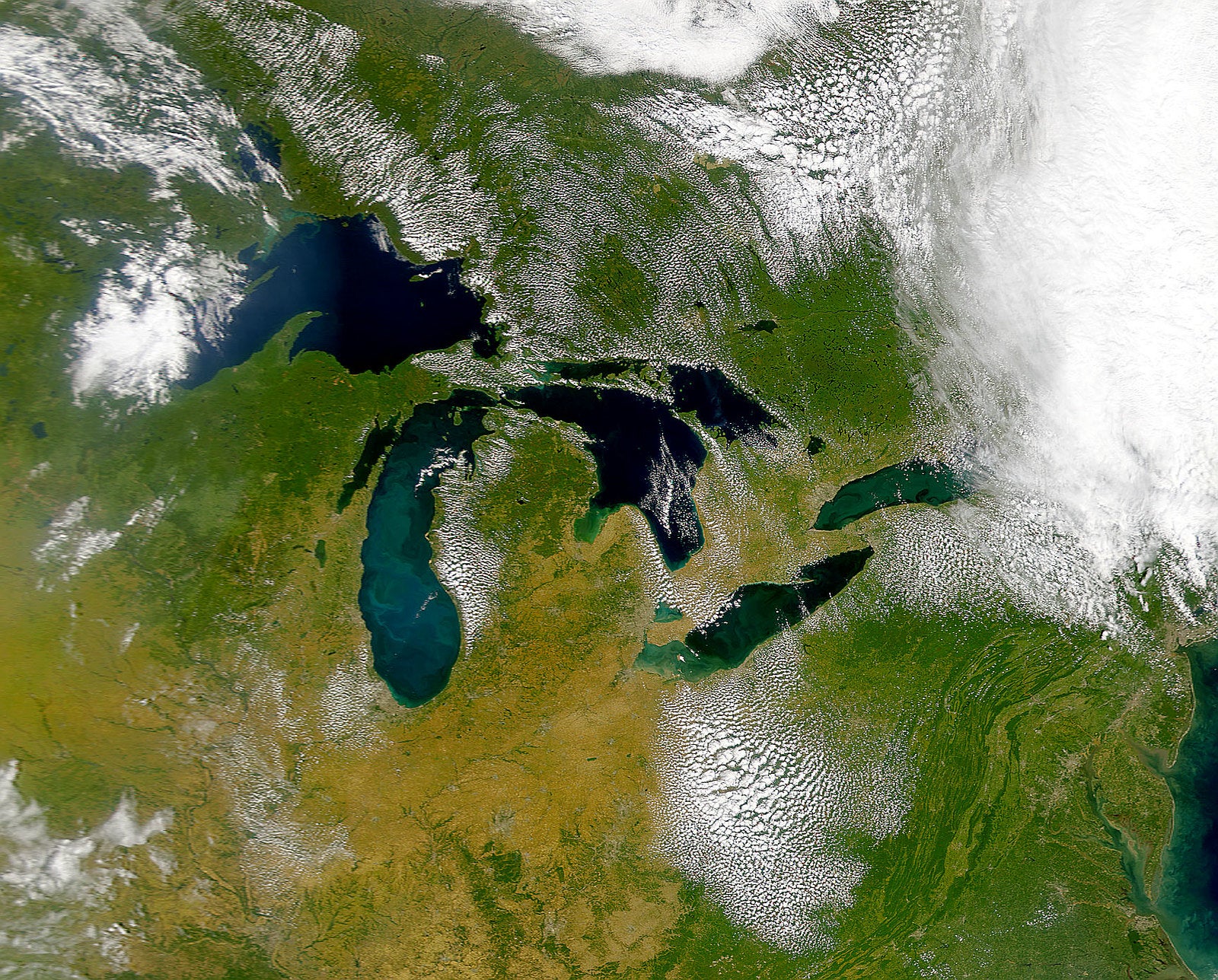A new study finds climate change cost Americans at least $10 billion in health-related expenses in 2012. In Wisconsin, extreme heat caused a quarter of a billion dollars in health costs that year.
The study by the Natural Resources Defense Council (NRDC) and University of California looked at health costs stemming from 10 climate-related events that year spanning 11 states. They ranged from wildfires to air pollution to extreme weather. Hurricane Sandy in New Jersey and wildfires in Washington had the largest health costs associated with climate change in 2012, according to the study.
The study examined the number of deaths, hospitalizations and emergency room visits. Nationwide, climate change was tied to 917 deaths and 20,568 hospitalizations.
News with a little more humanity
WPR’s “Wisconsin Today” newsletter keeps you connected to the state you love without feeling overwhelmed. No paywall. No agenda. No corporate filter.
“Studies like this show that we’ve got to expand the conversation on climate change to include the profound suffering and expensive health costs that we can avoid by cutting climate pollution and investing in community preparedness,” said the study’s author Vijay Limaye with the NRDC Science Center.
In Wisconsin, the state found 27 people died from heat-related illnesses during the 2012 heat wave. The study estimated the costs associated with those deaths, or the value of a statistical life, to be $246.4 million. Costs related to hospital admissions were roughly $1.3 million while emergency room visits cost $3.1 million.
“It’s important to note that the heat-related illnesses and deaths include only those that were coded as heat related,” said Megan Christenson, an epidemiologist with the Wisconsin Department of Health Services. “Therefore, the numbers are likely an underestimate of the true burden of heat-related illnesses and deaths.”
The report found more than two-thirds of health costs from climate-related illnesses nationwide were paid for by Medicaid and Medicare.
“Which aligns with our understanding that younger and older folks are particularly vulnerable to the health harms posed by climate change,” said Limaye, who holds a doctorate in environmental epidemiology from the University of Wisconsin-Madison.
A 2013 study found the majority of the 27 people who died from extreme heat in Wisconsin were more than 65 years old.
Researchers say the findings underscore the economic toll of climate change on health and the need to adapt to changing climate conditions that are likely to be more frequent and severe.
The most recent report from the United Nations’ scientific panel on climate change shows the atmosphere is likely to warm by 2.7 degrees Fahrenheit in the next two decades without any significant efforts to curb greenhouse gas emissions. A July 2019 study from the Union of Concerned Scientists has shown that the number of days with extreme heat could triple across Wisconsin. Around 4.7 million residents could experience a heat index of more than 100 degrees Fahrenheit for a month.
Study participants say the overall goal is to advance efforts to protect public health from the effects of climate change.
Wisconsin Public Radio, © Copyright 2025, Board of Regents of the University of Wisconsin System and Wisconsin Educational Communications Board.







